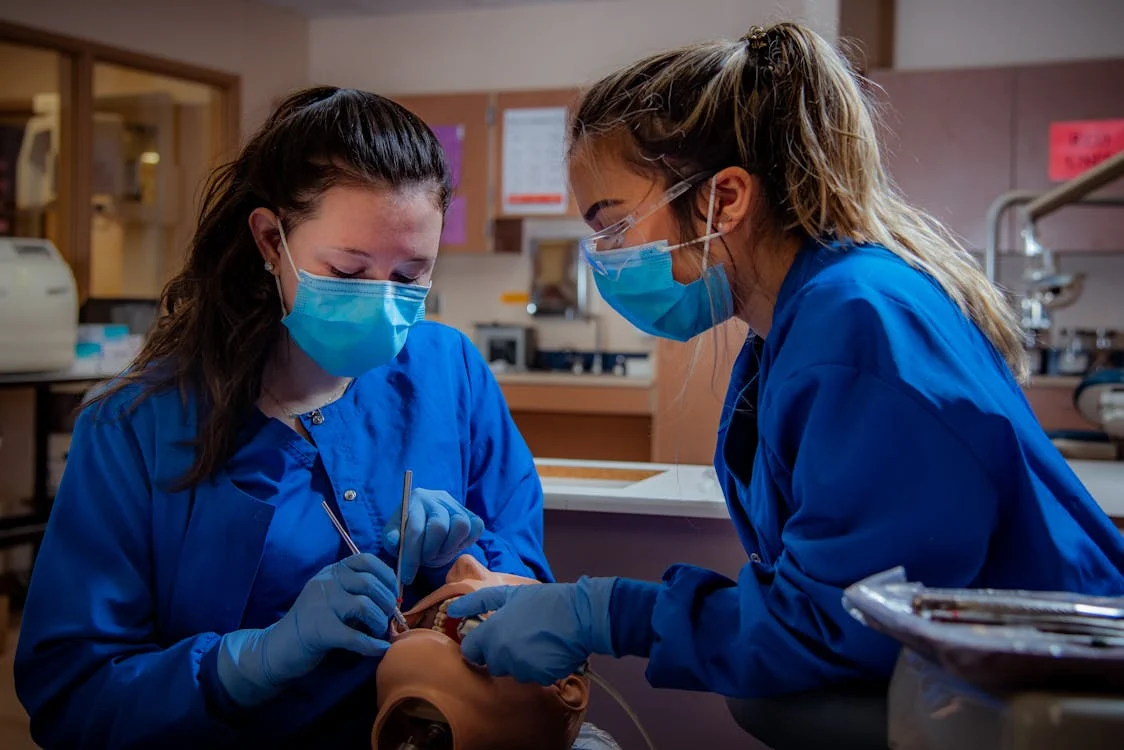What is Bruxism?
Bruxism, commonly known as teeth grinding or jaw clenching, is a condition that affects many individuals, leading to significant discomfort and dental issues. It often occurs unconsciously during sleep or when stressed.
Challenges of Bruxism
The impact of bruxism extends beyond the dental realm, with symptoms like headaches, jaw pain, and even disrupted sleep patterns. Left untreated, it can cause lasting damage to teeth and overall oral health.
Botox: An Effective Solution
Botox injections have gained traction as a promising treatment for bruxism. By targeting specific muscles involved in jaw movement, Botox can reduce the intensity of teeth-grinding episodes, as it is one of the most efficient teeth grinding treatments Birmingham.
How Botox Works
Botox, a neurotoxin derived from Clostridium botulinum, temporarily paralyzes muscles by blocking nerve signals. When administered in small doses to the jaw muscles responsible for bruxism, it can prevent excessive grinding and clenching.
Benefits of Botox for Bruxism
Non-Invasive: Unlike surgical interventions, Botox injections are minimally invasive and require no downtime.
Effective Relief: Patients often report a noticeable decrease in teeth grinding within days of treatment.
Customizable: Botox doses can be tailored to individual needs, providing precise and targeted relief.
Considerations Before Treatment
Before opting for Botox, consult with a qualified healthcare provider to discuss potential risks and benefits. Understanding the treatment process and expected outcomes is crucial for making an informed decision.
What to Expect During Treatment
During a Botox session for bruxism, your provider will administer injections into specific jaw muscles. The procedure is relatively quick and typically well-tolerated, with minimal discomfort.
Post-Treatment Care
Following Botox injections, patients are advised to avoid strenuous jaw movements and chewing gum for a few days. Results may last for several months, after which a follow-up appointment may be necessary.
Alternative Approaches
While Botox is gaining popularity, other strategies for managing bruxism include dental devices like mouthguards, stress-reduction techniques, and lifestyle modifications.
Conclusion
For individuals struggling with bruxism, Botox offers a promising avenue for relief from teeth grinding and its associated symptoms. By understanding the mechanism of action and potential benefits of Botox treatment, individuals can take proactive steps toward improving their oral health and overall well-being.
